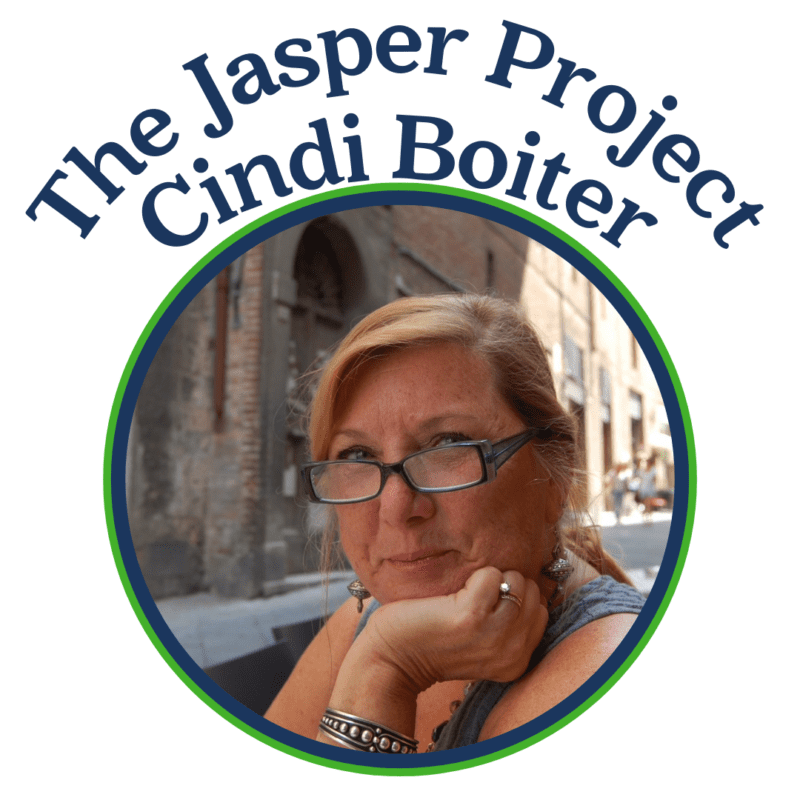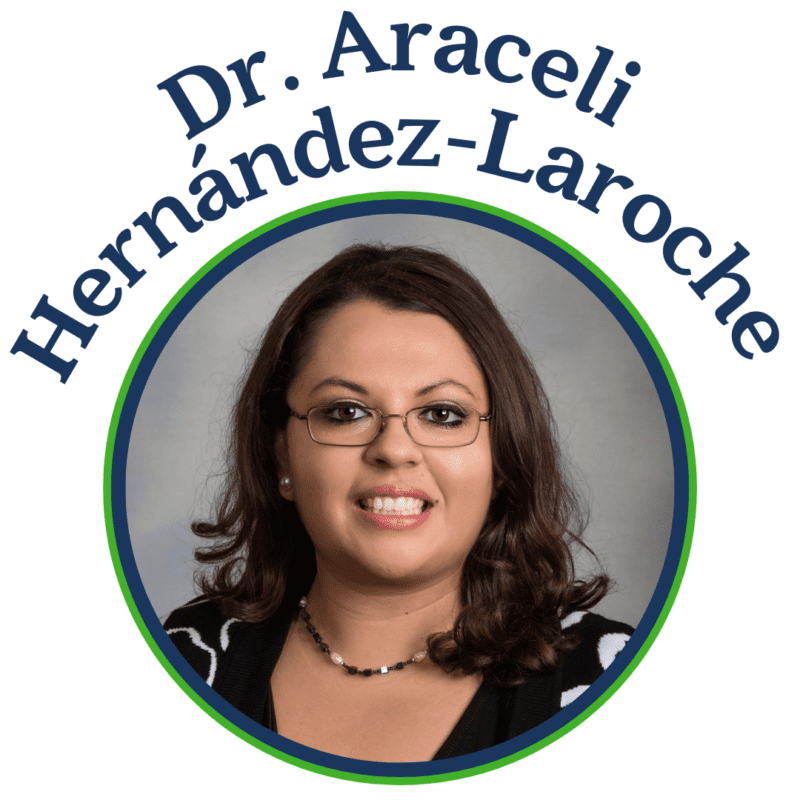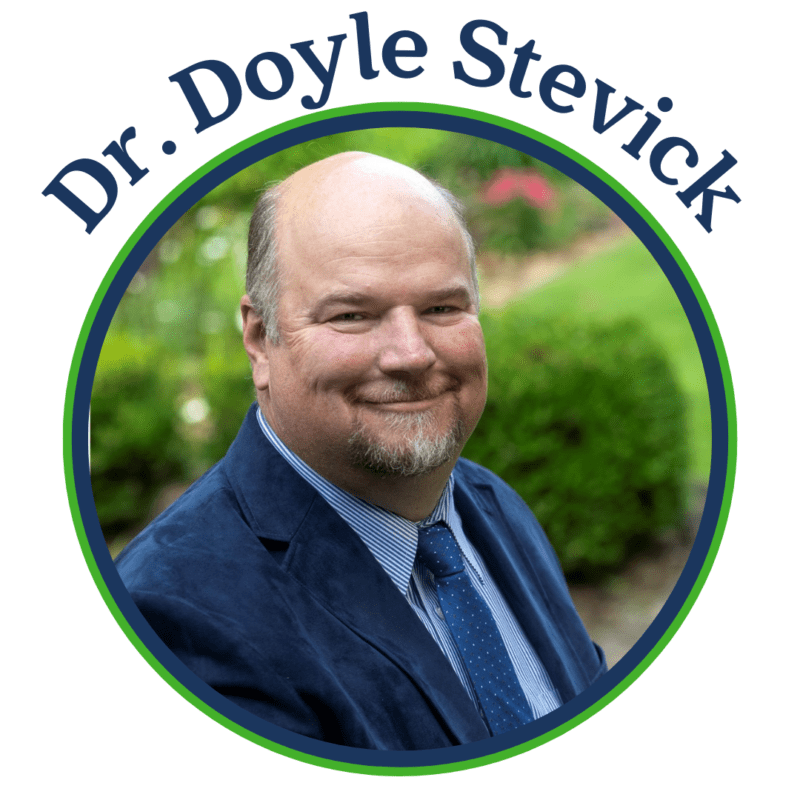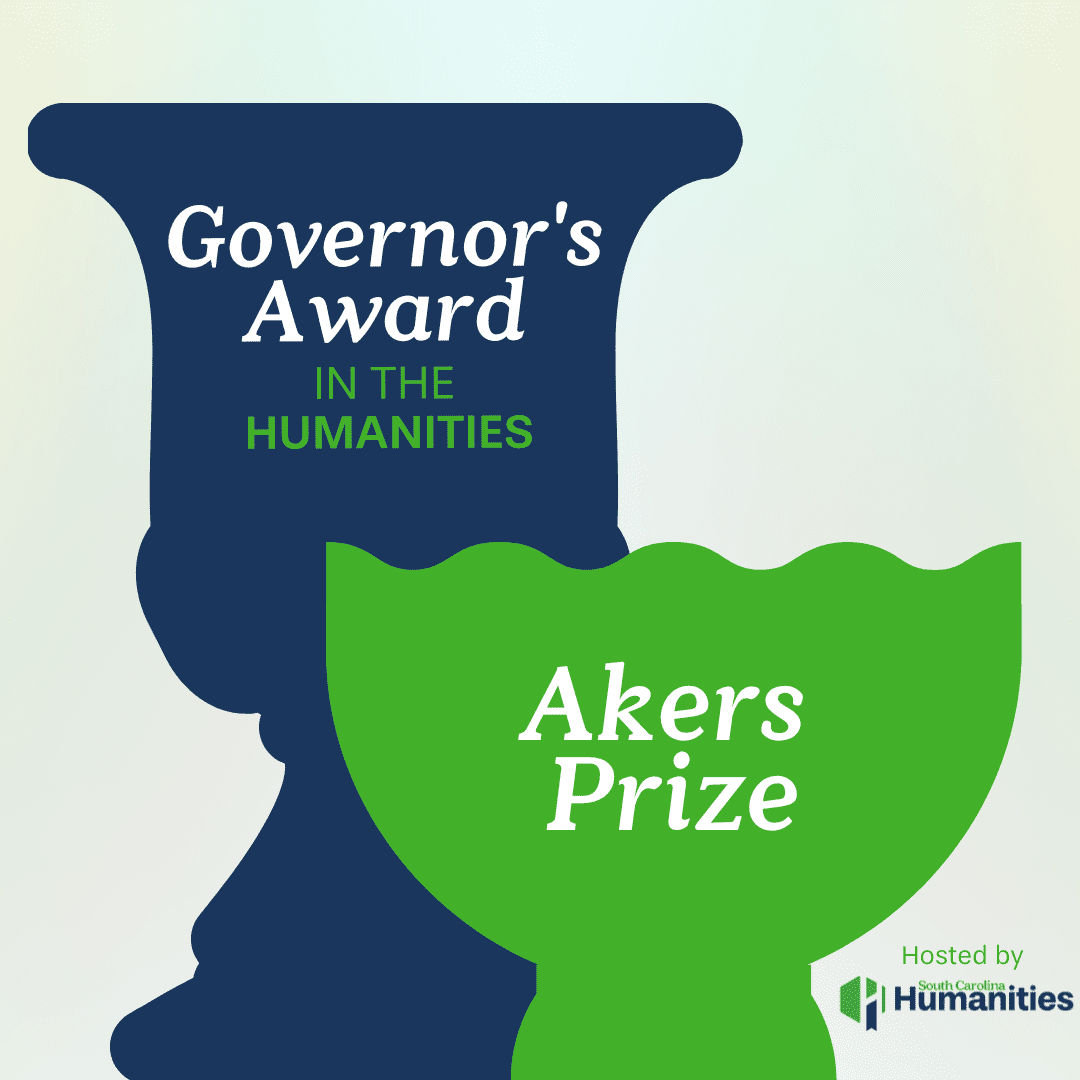South Carolina Humanities is pleased to announce the 2023 recipients of the Governor’s Awards in the Humanities and the Akers Prize.
Established in 1991, the Governor’s Awards recognize outstanding achievement in humanities research, teaching, and scholarship; institutional and individual participation in helping communities in South Carolina better understand our cultural heritage or ideas and issues related to the humanities; excellence in defining South Carolina’s cultural life to the nation or world; and exemplary support for public humanities programs. The 2023 recipients of the Governor’s Awards in the Humanities are: Dr. Lacy Ford, current Scholar-in-Residence in the Institute of Southern Studies at USC and award-winning author; John Lane, Emeritus Professor of environmental studies at Wofford College and founding director of the college’s Goodall Environmental Studies Center; and The Jasper Project, a nonprofit organization that creates and facilitates innovative projects that meet the needs of state and local artists of all disciplines, founded by Editor of Jasper Magazine, Cindi Boiter.
The Akers Prize, formerly the Fresh Voices in the Humanities Award, recognizes innovative individuals who use culture and history to bring people together, but whose efforts may have gone relatively unnoticed beyond their own community. The 2023 recipients of the Akers Prize are Dr. Araceli Hernández-Laroche, USC Upstate Professor of Modern Languages, French program coordinator, and founding director of South Carolina Centro Latino, the state’s first university-based center for the study of Hispanic and Latino cultures; and Dr. Doyle Stevick, the founder and Executive Director of the Anne Frank Center at the University of South Carolina.
 Dr. Lacy Ford served as Dean of the College of Arts and Sciences, USC’s largest and oldest college, July 2016 to December 2020. Prior to becoming Dean, Ford served as Senior Vice Provost & Dean of Graduate Studies at the USC from 2010-2016. His responsibilities included: faculty development and evaluation, tenure and promotion, hiring and retention, the Graduate School, and Distributed (Distance) Learning, and the SEC’s Academic Leadership Development Program. From 2007-2010, Ford served as Chair of the Department of History. Twice a National Endowment for the Humanities Research Fellow and once an ACLS Fellow, Ford is the author of Deliver Us From Evil: The Slavery Question in the Old South, published by Oxford University press in 2009 and reviewed in the September 20, 2009 issue of the New York Times Book Review, as well as other works. Deliver Us From Evil also won the 2010 Mary Lawton Hodges prize for best book on the South published in 2009. In 2008, Ford published “Reconfiguring the Old South: ‘Solving’ the Problem of Slavery, 1787-1838,” in the Journal of American History. This article was also featured on the “Teaching the JAH” website.
Dr. Lacy Ford served as Dean of the College of Arts and Sciences, USC’s largest and oldest college, July 2016 to December 2020. Prior to becoming Dean, Ford served as Senior Vice Provost & Dean of Graduate Studies at the USC from 2010-2016. His responsibilities included: faculty development and evaluation, tenure and promotion, hiring and retention, the Graduate School, and Distributed (Distance) Learning, and the SEC’s Academic Leadership Development Program. From 2007-2010, Ford served as Chair of the Department of History. Twice a National Endowment for the Humanities Research Fellow and once an ACLS Fellow, Ford is the author of Deliver Us From Evil: The Slavery Question in the Old South, published by Oxford University press in 2009 and reviewed in the September 20, 2009 issue of the New York Times Book Review, as well as other works. Deliver Us From Evil also won the 2010 Mary Lawton Hodges prize for best book on the South published in 2009. In 2008, Ford published “Reconfiguring the Old South: ‘Solving’ the Problem of Slavery, 1787-1838,” in the Journal of American History. This article was also featured on the “Teaching the JAH” website.
 John Lane is Emeritus Professor of environmental studies at Wofford College and was founding director of the college’s Goodall Environmental Studies Center. He is the author of a dozen books of poetry and prose, COYOTE SETTLES THE SOUTH was one of four finalists for the John Burroughs Medal and was named by the Burroughs Society one of the year’s “Nature Books of Uncommon Merit.” As an environmentalist in 2013 Lane was named Upstate Forever’s “Clean Water Champion,” and “Water Conservationist of the Year” by The South Carolina Wildlife Federation. In 2014 he was inducted into the SC Academy of Authors. He, with his wife Betsy Teter, is one of the co-founders of Spartanburg’s Hub City Writers Project.
John Lane is Emeritus Professor of environmental studies at Wofford College and was founding director of the college’s Goodall Environmental Studies Center. He is the author of a dozen books of poetry and prose, COYOTE SETTLES THE SOUTH was one of four finalists for the John Burroughs Medal and was named by the Burroughs Society one of the year’s “Nature Books of Uncommon Merit.” As an environmentalist in 2013 Lane was named Upstate Forever’s “Clean Water Champion,” and “Water Conservationist of the Year” by The South Carolina Wildlife Federation. In 2014 he was inducted into the SC Academy of Authors. He, with his wife Betsy Teter, is one of the co-founders of Spartanburg’s Hub City Writers Project.
 After 25 years of serving as an adjunct instructor of Gender Studies and freelance writer for national magazines, in 2011, Cindi Boiter founded Jasper Magazine, a publication devoted strictly to arts in the South Carolina Midlands. As the magazine grew into a touchstone for a number of multidisciplinary arts projects commemorating events in SC’s cultural history, as well as projects like the journal Fall Lines – a literary convergence and the 2nd Act Film Project, the organization became a 501c3 in 2015. With a robust working board of directors, The Jasper Project has continued to create and facilitate innovative projects that meet the needs of state and local artists of all disciplines, such as Syzygy, the Supper Table, and Sheltered, while offering artists support, promotion, and the validation to say, “I am an artist!” The Jasper Project is a true grassroots organization with no paid employees and little overhead. Both Boiter and the board of directors serve the extended community of SC artists as a labor of love. Boiter is a six-time recipient of the SC Fiction Project, winner of the Piccolo Fiction Project, the Porter Fleming Award for fiction, the 2014 Recipient of the SC Governor’s Award for the Arts (formerly the Verner Award), and the 2018 recipient of Richland Library’s Lucy Hampton Bostick Award. She is the cofounder, with her husband Dr. Bob Jolley, of Muddy Ford Press, has written or edited more than ten books and is the editor of Jasper Magazine and co-editor of Fall Lines – a literary convergence.
After 25 years of serving as an adjunct instructor of Gender Studies and freelance writer for national magazines, in 2011, Cindi Boiter founded Jasper Magazine, a publication devoted strictly to arts in the South Carolina Midlands. As the magazine grew into a touchstone for a number of multidisciplinary arts projects commemorating events in SC’s cultural history, as well as projects like the journal Fall Lines – a literary convergence and the 2nd Act Film Project, the organization became a 501c3 in 2015. With a robust working board of directors, The Jasper Project has continued to create and facilitate innovative projects that meet the needs of state and local artists of all disciplines, such as Syzygy, the Supper Table, and Sheltered, while offering artists support, promotion, and the validation to say, “I am an artist!” The Jasper Project is a true grassroots organization with no paid employees and little overhead. Both Boiter and the board of directors serve the extended community of SC artists as a labor of love. Boiter is a six-time recipient of the SC Fiction Project, winner of the Piccolo Fiction Project, the Porter Fleming Award for fiction, the 2014 Recipient of the SC Governor’s Award for the Arts (formerly the Verner Award), and the 2018 recipient of Richland Library’s Lucy Hampton Bostick Award. She is the cofounder, with her husband Dr. Bob Jolley, of Muddy Ford Press, has written or edited more than ten books and is the editor of Jasper Magazine and co-editor of Fall Lines – a literary convergence.
 Araceli Hernández-Laroche (UC Berkeley PhD) speaks four languages and is USC Upstate Professor of Modern Languages, French program coordinator, and founding director of South Carolina Centro Latino, the state’s first university-based center for the study of Hispanic and Latino cultures. Its three pillars are Latinx Interdisciplinary Studies & Civic Leadership, the Multilingual Public Humanities, and Translation & Community Interpreting. She has several publications on world wars, existentialist writers, the public humanities, including “France in the Times of COVID-19: The Public Humanities as a Vaccine for Coexistence,” and immigration in the Americas. She recently served as the co-president of the Association of Department of Languages (ALD) Executive Committee and on the Modern Language Association (MLA) Ad Hoc Committee Valuing the Public Humanities. Araceli Hernández-Laroche is a former President of the SC Chapter of the American Association of Teachers of French (AATF) and 2021 American Association of State Colleges and Universities (AASCU) Emerging Leader. She was recognized as the 2020 Career Woman of the Year by the Business and Professional Women of South Carolina and as the 2020 Inclusion Advocate of the Year by OneSpartanburg, Inc. Araceli Hernández-Laroche serves on several boards, such as the Chapman Cultural Center, the Spartanburg Academic Movement, and the ACLU of SC. Since moving to the beautiful state of South Carolina in 2012 and in an effort to expand the boundaries of her physical classroom, Araceli has joyfully co-organized with faculty, staff, students, and community partners numerous cultural events, globally-themed conferences, and multigenerational public humanities programming in more than one language.
Araceli Hernández-Laroche (UC Berkeley PhD) speaks four languages and is USC Upstate Professor of Modern Languages, French program coordinator, and founding director of South Carolina Centro Latino, the state’s first university-based center for the study of Hispanic and Latino cultures. Its three pillars are Latinx Interdisciplinary Studies & Civic Leadership, the Multilingual Public Humanities, and Translation & Community Interpreting. She has several publications on world wars, existentialist writers, the public humanities, including “France in the Times of COVID-19: The Public Humanities as a Vaccine for Coexistence,” and immigration in the Americas. She recently served as the co-president of the Association of Department of Languages (ALD) Executive Committee and on the Modern Language Association (MLA) Ad Hoc Committee Valuing the Public Humanities. Araceli Hernández-Laroche is a former President of the SC Chapter of the American Association of Teachers of French (AATF) and 2021 American Association of State Colleges and Universities (AASCU) Emerging Leader. She was recognized as the 2020 Career Woman of the Year by the Business and Professional Women of South Carolina and as the 2020 Inclusion Advocate of the Year by OneSpartanburg, Inc. Araceli Hernández-Laroche serves on several boards, such as the Chapman Cultural Center, the Spartanburg Academic Movement, and the ACLU of SC. Since moving to the beautiful state of South Carolina in 2012 and in an effort to expand the boundaries of her physical classroom, Araceli has joyfully co-organized with faculty, staff, students, and community partners numerous cultural events, globally-themed conferences, and multigenerational public humanities programming in more than one language.
 Dr. Doyle Stevick is the founder and Executive Director of the Anne Frank Center at the University of South Carolina. His love for cultural exchange took root in Greece, where he studied abroad three separate semesters during the 1990s while attending The Pennsylvania State University, where he completed degrees in Classics, history, and mathematics. He participated in excavations in the Athenian agora under the Acropolis, Morgantina in Sicily, and Megiddo in Israel. Dr. Stevick was completing doctoral coursework and exams in Greek and Latin literature in the spring of 1999, when the Columbine High School atrocity shook the country’s conscience. Within weeks, one of Stevick’s former students who had fallen into violent extremism, terrorized communities across Illinois and Indiana with an antisemtic, racially-motivated shooting spree. Grappling with this atrocity drove him to change fields, exploring the power of education to undermine prejudice and foster pro-social dispositions. How could schooling support positive institutional transformations, like Brown v. Board of Education or the collapse of the Soviet Union? What systemic cultural and social changes were necessary to fulfill the promise of these profound changes, and how might schools foster them? These questions led him into the field of Holocaust education–the focus of his last three books—and its contribution to citizenship education and preventing violent extremism. Since 2013, he has worked extensively with the Anne Frank House and in 2020, through that partnership, Dr. Stevick was able to open the Anne Frank Center on USC’s campus. The Center is the official partner of the Anne Frank House in The Netherlands and one of only three partner sites globally. As Executive Director, Dr Stevick overseas all the Center’s educational activities as well as outreach to groups across South Carolina and the nation. The Center is also a working museum, hosting more than 10,000 visitors, mostly students, since it open its doors in September, 2021, including over 3,600 USC first year students last fall. With their 15 traveling exhibits, the Anne Frank Center reached more than 50,000 people in 2022 across 21 states. In recent years, he has been invited to present at special events for UNESCO, the International Bureau of Education, and the OSCE’s ODIHR (Office for Democratic Institutions and Human Rights) in Costa Rica, India, Serbia, Switzerland, Ottawa and Paris.
Dr. Doyle Stevick is the founder and Executive Director of the Anne Frank Center at the University of South Carolina. His love for cultural exchange took root in Greece, where he studied abroad three separate semesters during the 1990s while attending The Pennsylvania State University, where he completed degrees in Classics, history, and mathematics. He participated in excavations in the Athenian agora under the Acropolis, Morgantina in Sicily, and Megiddo in Israel. Dr. Stevick was completing doctoral coursework and exams in Greek and Latin literature in the spring of 1999, when the Columbine High School atrocity shook the country’s conscience. Within weeks, one of Stevick’s former students who had fallen into violent extremism, terrorized communities across Illinois and Indiana with an antisemtic, racially-motivated shooting spree. Grappling with this atrocity drove him to change fields, exploring the power of education to undermine prejudice and foster pro-social dispositions. How could schooling support positive institutional transformations, like Brown v. Board of Education or the collapse of the Soviet Union? What systemic cultural and social changes were necessary to fulfill the promise of these profound changes, and how might schools foster them? These questions led him into the field of Holocaust education–the focus of his last three books—and its contribution to citizenship education and preventing violent extremism. Since 2013, he has worked extensively with the Anne Frank House and in 2020, through that partnership, Dr. Stevick was able to open the Anne Frank Center on USC’s campus. The Center is the official partner of the Anne Frank House in The Netherlands and one of only three partner sites globally. As Executive Director, Dr Stevick overseas all the Center’s educational activities as well as outreach to groups across South Carolina and the nation. The Center is also a working museum, hosting more than 10,000 visitors, mostly students, since it open its doors in September, 2021, including over 3,600 USC first year students last fall. With their 15 traveling exhibits, the Anne Frank Center reached more than 50,000 people in 2022 across 21 states. In recent years, he has been invited to present at special events for UNESCO, the International Bureau of Education, and the OSCE’s ODIHR (Office for Democratic Institutions and Human Rights) in Costa Rica, India, Serbia, Switzerland, Ottawa and Paris.
Learn more about this year’s winners and see a list of past recipients on the Humanities Awards page of SC Humanities’ website.
The 32nd Annual South Carolina Awards in the Humanities Luncheon and Ceremony will be held at the Pastides Alumni Center (900 Senate St, Columbia, SC 29201) on Thursday, October 19, 2023 at 11:30 a.m. Table sponsorships are available, as well as individual tickets. Learn more about table sponsorship opportunities.
*Ticket sales and table sponsorship opportunities close on Monday, October 2, 2023.
The mission of SC Humanities is to enrich the cultural and intellectual lives of all South Carolinians. Now in its 50th year as the state humanities council for South Carolina, this 501(c)3 organization is governed by a volunteer Board of Directors comprised of community leaders from throughout the state. It presents and supports literary initiatives, lectures, exhibits, festivals, publications, oral history projects, videos, and other humanities-based experiences that directly or indirectly reach more than 250,000 citizens annually.
